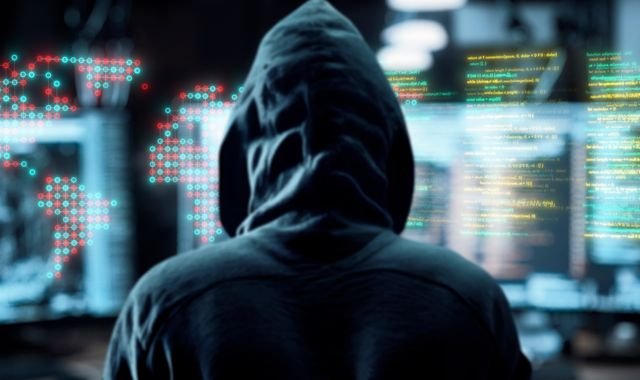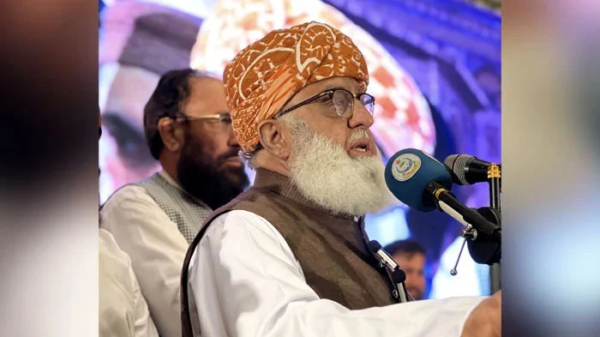These nations – the United States, Britain, and New Zealand – have pointed fingers at Beijing-supported cyber entities for orchestrating a sequence of assaults targeting legislators and vital democratic establishments. However, China has refuted these claims.
In a remarkable and comprehensive public allegation against China, the United States, the United Kingdom, and New Zealand have jointly highlighted a series of cyberattacks over the past decade, seemingly aiming to hold Beijing responsible. The US Justice Department has indicted seven Chinese individuals, accusing them of being involved in a 14-year-long “massive global hacking operation” that allegedly supported China’s “economic espionage and foreign intelligence goals.”
On Monday, Deputy Attorney General Lisa Monaco announced that a campaign involving over 10,000 emails was carried out, targeting American and international businesses, politicians, political candidates, and journalists. Washington attributed this operation to a specific group, referred to as APT31, which they claim is orchestrated by China’s Ministry of State Security based in Wuhan. The unit allegedly runs a “cyberespionage program.”
The hackers managed to infiltrate “email accounts, cloud storage, and telephone call records,” as stated by the Justice Department. They even monitored some accounts for an extended period. Later, it was revealed that between 2021 and 2022, the same APT31 group targeted the email accounts of UK lawmakers, particularly those who were critical of China’s policies.
As the UK anticipates a general election in the near future, UK Deputy Prime Minister Oliver Dowden revealed a surprising development. He disclosed that a Chinese state-linked entity possibly compromised the nation’s Electoral Commission, posing a significant and genuine danger. However, he assured that both the campaigns against lawmakers and the Electoral Office were successfully countered.
Dowden stated that these actions will not influence people’s registration, voting, or involvement in democratic processes. Regarding the related matter, two individuals and one company connected to APT31 have faced UK sanctions. Additionally, New Zealand disclosed on Tuesday that their Parliamentary Counsel Office, responsible for drafting and publishing laws, was compromised during the same time frame.
Previously, New Zealand, typically a staunch supporter of China in the Western region, attributed the cyber assault to the Chinese “state-sponsored group” APT40. Prime Minister Christopher Luxon, a newly elected centre-right leader, acknowledged that assigning responsibility to China for the attack was a significant move, as it is their primary trade partner.
New Zealand’s Foreign Minister, Winston Peters, announced that he directed his diplomatic representatives to engage with the Chinese Ambassador. Their objective was to clearly present New Zealand’s stance and voice their concerns. According to Peters, this discussion has already occurred.
‘Malicious slander’
In recent times, Western countries have grown more likely to unveil illicit cyber activities and attribute them to foreign governments, particularly China, Russia, North Korea, and Iran. However, China has vigorously contested these allegations, with embassies in London, Wellington, and Washington releasing strong rebuttals.
The Chinese embassy in London responded assertively, stating, “The UK’s unfounded exaggeration of ‘Chinese cyberattacks’ and the imposition of sanctions represent blatant political manipulation and malicious slander.”
The Chinese embassy stated that they have “never encouraged, supported, or condoned cyberattacks.” They expressed a similar sentiment in Wellington, where they accused their hosts of mistakenly targeting the issue. The embassy further clarified that China itself is a significant victim of cyberattacks.
According to a report by Reuters, a representative from China’s foreign ministry addressed the hacking allegations, mentioning that the evidence provided by the United Kingdom was deemed insufficient. The spokesperson further commented, calling the accusation “unprofessional.” It should be noted that both Russia and China have faced allegations of employing intermediaries and off-site groups to execute cyberattacks, which complicates the process of assigning responsibility.
Conservative Member of Parliament Iain Duncan Smith, who is among the UK legislators under scrutiny, suggested that Beijing should be categorized as a potential danger to the nation. This label came as a response to the sanctions imposed by China in 2021, which targeted him and other UK MPs. The sanctions were a result of their criticisms towards the alleged human rights violations inflicted upon China’s Uyghur minority and the people of Hong Kong.
Britain and the United States maintain large-scale covert cyber activities, which they seldom discuss openly. These countries, together with New Zealand, Australia, and Canada, form the Five Eyes intelligence-sharing alliance.










